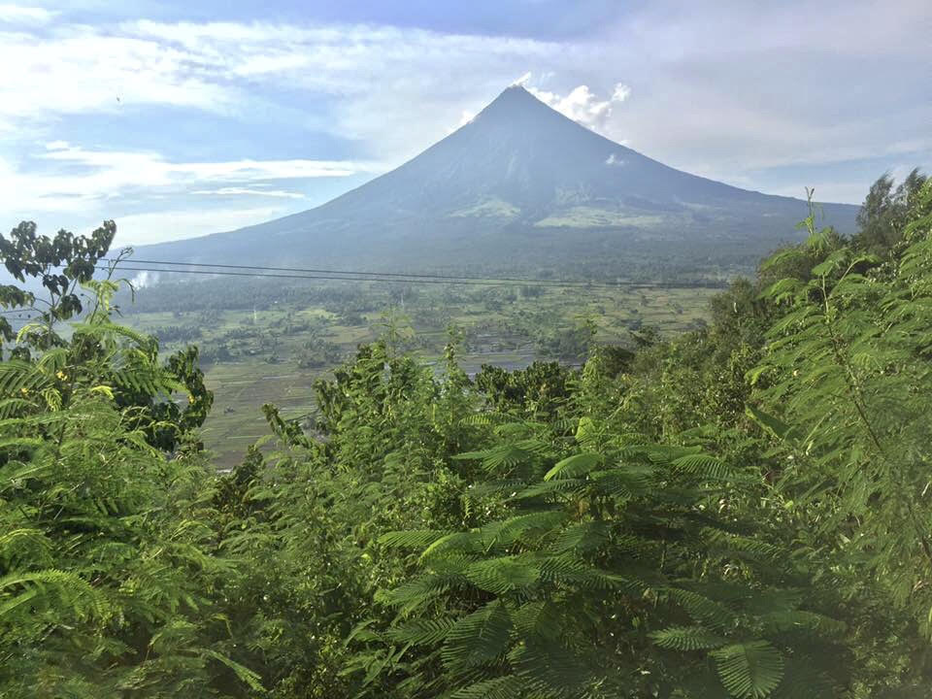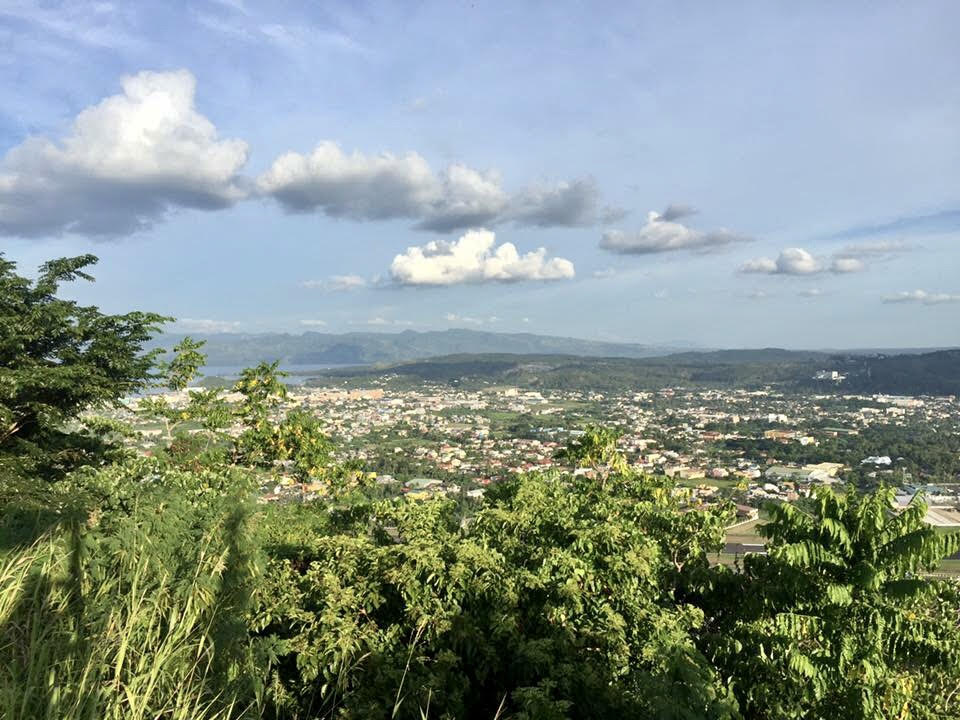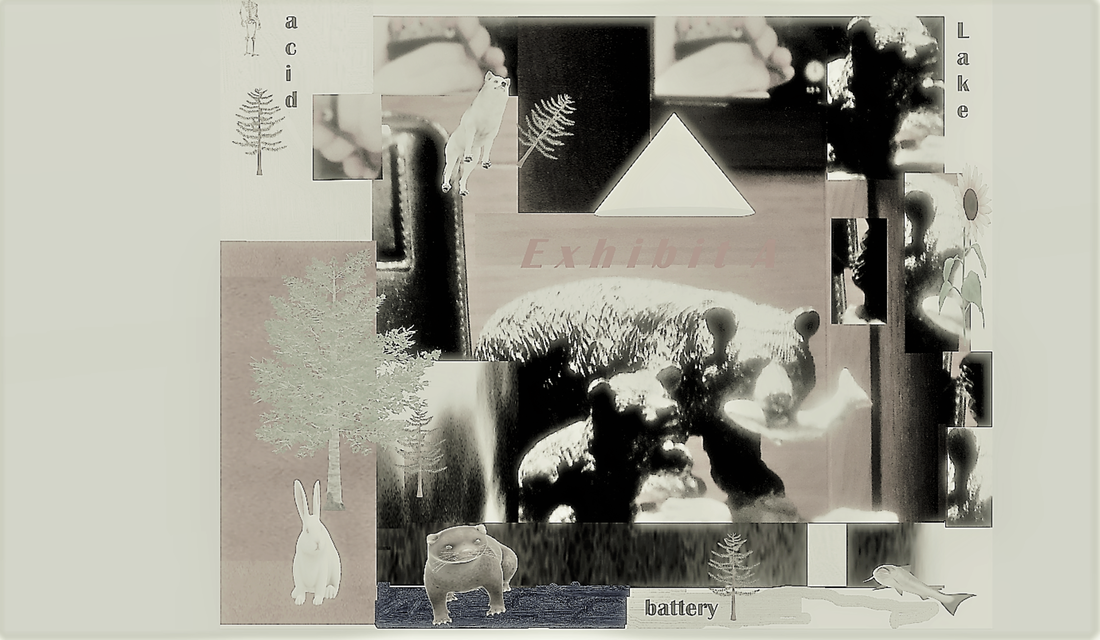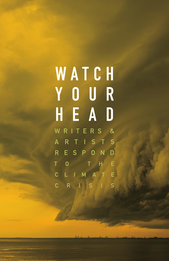|
7/28/2021 MUSIC: PATRICK MURRAYOnly the Sun, 2021 Music by Patrick Murray Text by Emily Schultz Used with permission. Performed by: Juliana Krajcovic Renee Fajardo Sharang Sharma Graham Robinson Patrick Murray ONLY THE SUN by Emily Schultz Who will notice when this leaf is gone? It is only a leaf, tiny, trembling, green; tomorrow’s auburn. No one will know. Only the bird will know. Who will notice when this love is gone? It is only a love, a ghost thing with no edges or shape. No one will know. Only I will know. Who will notice when this song is gone? It is only a song, one sound set beside another like a pair of shoes. No one will know. Only we will know. Who will notice when the sun is gone? It is only a sun, a hole of gold burned in an endless sky. No one will know. Only the dark will know. "Only the Sun" appeared in the anthology Watch Your Head: Writers & Artists Respond to the Climate Crisis (Coach House Books, 2021) Canadian choral conductor and composer Patrick Murray is Sessional Assistant Professor in Choral Music at Western University (London, Ontario) and director of the University of Toronto Scarborough Concert Choir. As a composer, Murray has been commissioned by ensembles including New York Polyphony, Carmel Bach Festival, and the Grand Philharmonic Choir, recorded by the DaCapo Chamber Choir, and published by Cypress Choral Music. Murray’s research focuses on inter-community collaboration in contemporary choral composition. His work is available at www.patrickmurraymusic.net. Emily Schultz published her newest novel, Little Threats, with GP Putnam’s Sons. It was named an Apple Books Best of November 2020 pick. Her novel, The Blondes, was released in the U.S. with Picador, in France with Editions Alto and Editions Asphalte, and in Canada with Doubleday. Named a Best Book of 2015 by NPR and Kirkus, it recently became a scripted podcast starring Madeline Zima. Her poems have appeared in Minola Review, rust + moth, Humber Literary Review, and Taddle Creek. Find out more at https://www.emilyschultz.com/ 7/19/2021 ESSAY: MARY OF THE TOWER"WHAT'S THE BEST THING I CAN DO?"
7/18/2021 POETRY: ROBERT FREDE KENTERTHE BENDS Polished cameo a distilled mirror steam skimmed skin of water in the oval cue The ocean has no perceptible bottom The detritus of cargo ships strewn, submerged No one dives no strolls to retrieve Don’t rise too quickly back up to the sky Animal exhalations hold the wreckage of your heart poured into a white porcelain sink, angled down A paint spattered canvas Still, breathing – oxygenated There is not enough fresh air. near, a view, a window further, distant, the port. (a churning inland sea, painted surface of nothingness) what emerges four-legged from the shore a figure-ground illusion of an ancient-creature still living, distilled breath, “Dressed Landscape for Dry Ice Studies.” The perspective of a band practice The tarry instruments, tinny, far away of amplifiers affixed to stilts Someday the body will remember Its genealogy A generation of flailing limbs A Flirtation with Rapture The Skin of Victorian buildings floating in the after-birth of rain lakes Porous Fissures lattice network The painting hand thinking in a network of gestures of the linked orbital of satellite communications layers of the ascension the numbing epidermal of embodiment cold metal needle in the simulacra the metronome of a shaking hand the surgeon, hirsute At the bottom of the painting, hand-written, The cut ice letters Here where Holy ghost prophecy carries more weight than science FREEDOM Freedom senses all the tears of a thousand windowsills The rainbow of men and women shoulder to shoulder entering hotels and shelters Rowboat sailors with buttoned oars rough coughing from lungs of a sulfur sheen Of black coal in lieu of flowers holding the skirt of the lake. A thousand monarchs rose up, lifted both sides of the sky exposed exploited roe Inlaid into monoculture rows A cascade of waterfalls and memories accompanied the rain all night Rattling on about the cusp as it danced though never unattended The flood waters rang out May the lake take you under to dream May the sky rise to meet you when you awaken. Robert Frede Kenter is a writer and visual artist, who lives with ME/FM, is widely published and exhibited and is a 2020 Pushcart nominee. Work recently in Black Bough, Burning House Press, Cypress, Talking about Strawberries, Floodlight Ed., Anthropocene, Cough. Robert is publisher of Toronto-based Ice Floe Press www.icefloepress.net & author of a recent hybrid collection, Audacity of Form (Ice Floe Press). A chapbook of VISPO, "EDEN", is forthcoming later in 2021. Robert was a feature reader in 2020 at Cheltenham Poetry Festival. Twitter: @frede_kenter
|
|
ISSN 2563-0067 © Copyright 2023 | Watch Your Head Contributors Sign up for our Newsletter Buy our print anthology Watch Your Head: Writers & Artists Respond to the Climate Crisis (Coach House Books, 2020). |




